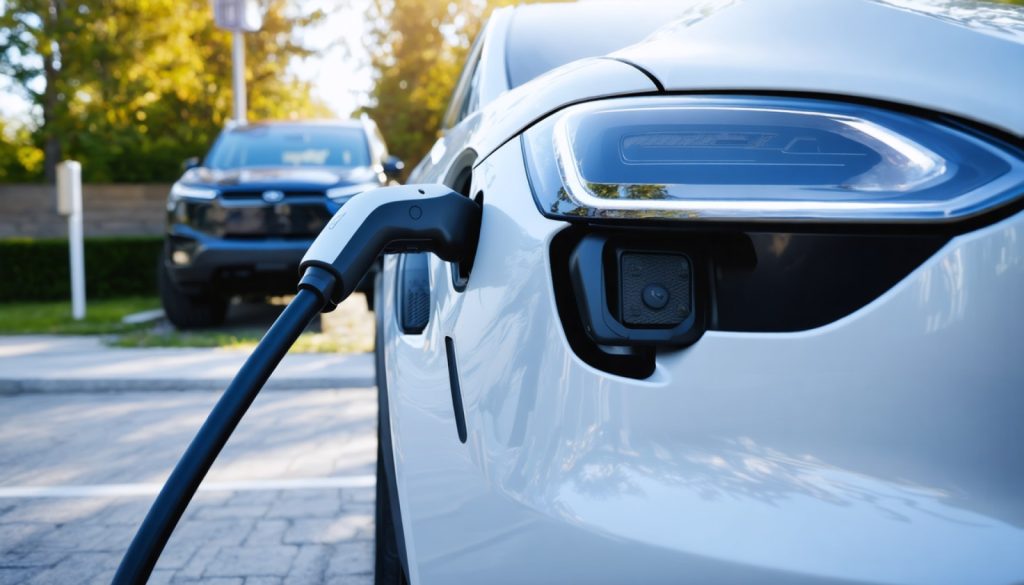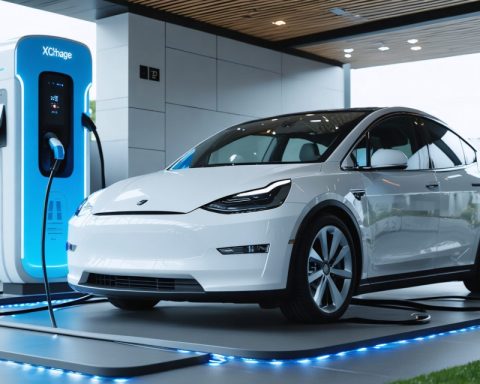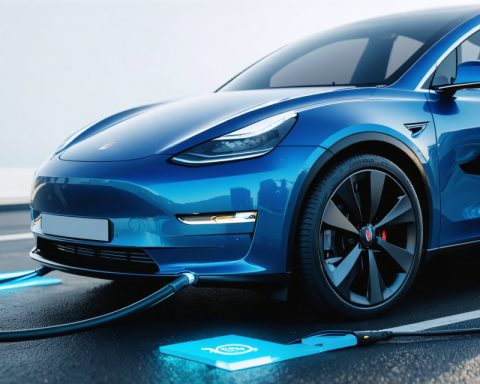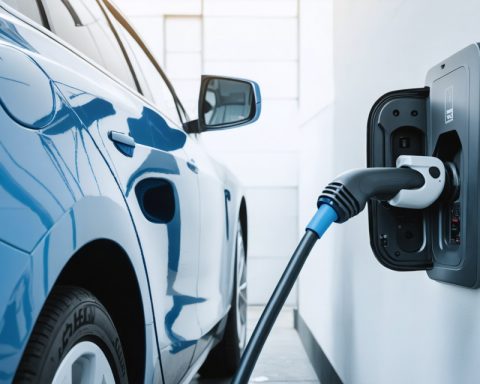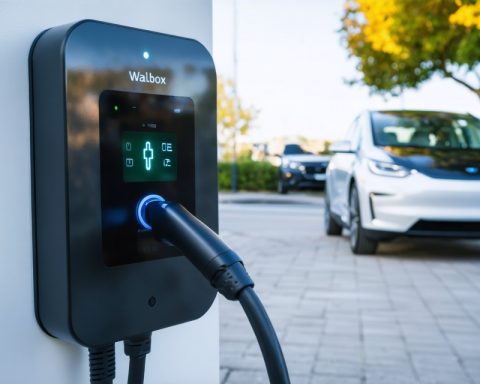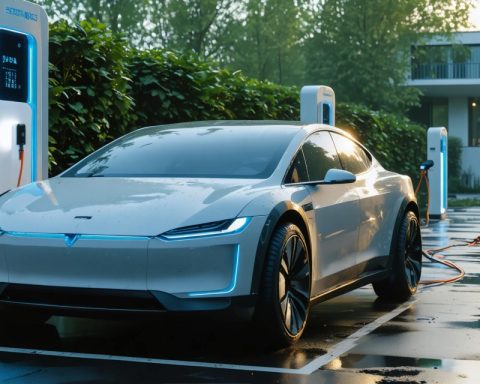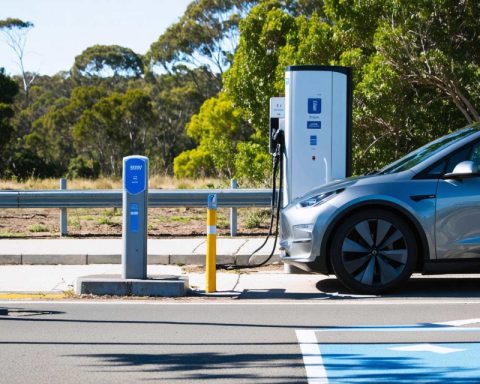EV Charging
EV Charging refers to the process of providing electric energy to electric vehicles (EVs) or plug-in hybrid electric vehicles (PHEVs) through a charging station or outlet. This process involves converting electrical power from the grid into a form that can recharge the batteries of these vehicles. EV charging stations can vary in power levels, typically categorized into three types: Level 1 (standard household outlets), Level 2 (faster charging stations often found in commercial locations), and DC Fast Charging (high-speed charging stations that can quickly replenish a vehicle's battery). The infrastructure for EV charging plays a crucial role in supporting the transition from fossil-fuel vehicles to more sustainable electric mobility, enabling drivers to recharge their vehicles conveniently and efficiently.
